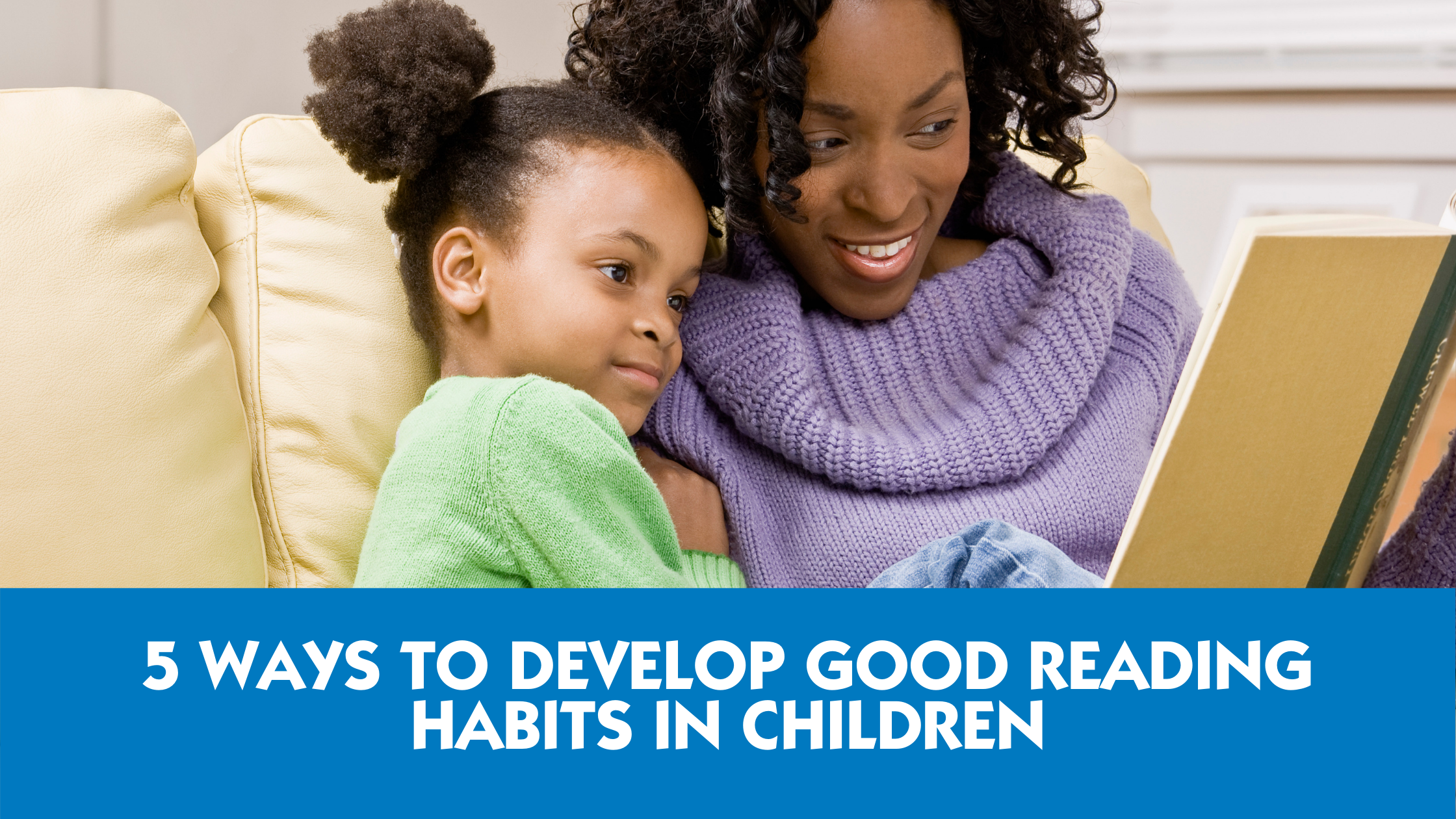
An important virtue for children to learn is respect. It is also important to show respect for the child in return. In fact, one of the most important principles of the Montessori teaching method is respect for the child. Respect is an educational value that is the basis of our interaction with infants and toddlers in the Childventures program.
What does this mean?
To respect a child means to intentionally act in a way to promote optimal development and learning. Respect means avoiding harm, not interfering, and having regard for your child’s wishes, feelings, and rights. In short, this means you should act in a way that shows young children that they are worthy of your time and attention.
What actions do we take as adults to show a child respect?
There are many ways to show a child respect, but it always comes down to treating them as individuals and understanding their needs in this way.
Children as Individuals
Every child is different and must be treated so. Respect a child as an individual by valuing the way a child’s chooses to do things. Some children love to jump right into an activity – they are social butterflies and cannot wait to interact with others. Other children may be shy at first and they feel more comfortable observing activities before participating. Some children transition between activities with ease, while others feel uncomfortable with the change. Giving a child a comfort toy to bring to each new room they visit can help with their transition and shows them respect as you show that you understand their concerns and individual needs.
Letting a child feel comfortable in the activity is an important part of respecting them, as is understanding that children are unique in how they approach something new. Understanding that children are individuals allows you to respect them.
Actively listening to a child’s concerns and responding accordingly shows them that their ideas are important. Doing this while speaking courteously to a child shows them respect. Listening, even when we don’t agree with one another, shows respect for other people’s opinions.
When it comes to young children’s emotions, they may have a difficult time finding the vocabulary for what they are feeling, and therefore have trouble expressing their concerns. A child who throws a temper tantrum may feel frustration or a loss of control. Relating to the child’s feelings of frustration can help them calm down while showing respect for their feelings. It shows them that their ideas, feelings, and thoughts are important. Communicating to prepare them for new situations shows respect for their feelings as well.
Mastering a Task
When a young child is working on a task, it may take them longer than you to complete it. You may see them struggle or take their time. Giving them a chance to complete the task without interfering or assisting shows them respect. It gives them an opportunity to explore their abilities and see themselves as capable. Besides, mastery comes from repeated opportunities for practice.
Making Decisions
In addition to giving children space to work on a task, it is important to let them make decisions. This means providing them with choices, but also validating the choices they make without being prompted. Allowing a child to choose what activities they want to participate in allows them to learn about the world around them, uninhibited. Validating the decision a child makes to change activities, for example, fosters self-directed learning. By doing so, you are respecting a child’s curiosity.
Young, developing children are struggling between their dependence on adults and the desire to explore the world around them. By showing children respect, you show them that they are capable of doing things independently and you open up a world of possibility for them.
At Childventures
We believe respect is of utmost importance. We teach it as a value to children, but before we can impart this virtue upon them, we must first model respect for them. Showing one another respect, and especially showing children respect teaches them how to do the same. One way we do this is by respecting ourselves first – when we respect ourselves by eating healthy, acting kindly, and getting exercise – we show that we can value ourselves as well as those around us.
Our teaching approach is built around self-directed learning, allowing children to explore their interests and make their own decisions on what and how to learn. We do this in a safe space that is built to create meaningful and engaging experiences for the child. We show this by respecting our space and the materials that belong in them by using them with care and putting them back where they belong. In this space, teachers pay attention what is best for each individual child and their family.
Want to learn more about our teaching methods, our facilities, and our curriculum? Book a tour today!
